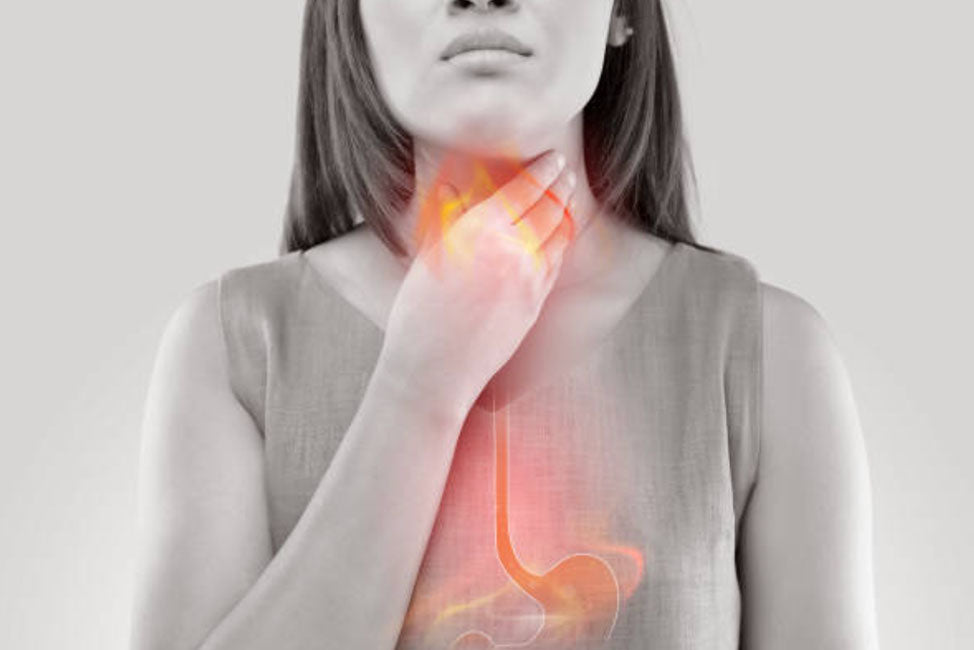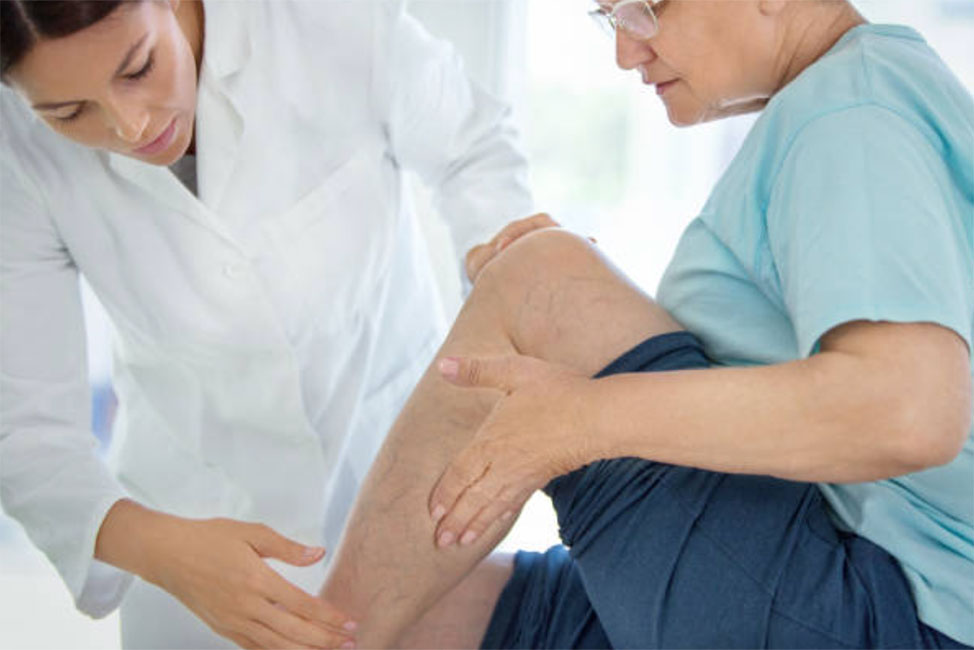
Health & Wellness Blog
Read all about nutritional tips, recipes and more!
Health & Wellness Blog
Gastroesophageal reflux (GER) is the medical term for spitting up. It occurs when the stomach contents reflux or back up into the esophagus and/or mouth. Because the stomach naturally produces acid, reflux is sometimes called acid reflux; other terms include regurgitation and spilling.
Chronic venous disease is a common disorder that affects the veins of the legs. These veins carry blood from the legs to the heart. Normal veins have a series of valves that open and close to direct blood flow from the surface of the legs to the deep leg veins, from which calf muscles pump blood back to the heart. The valves also control the pressure in smaller veins on the legs' surface.
Proton pump inhibitors (PPIs) are medications that are widely used, and concerns about overuse have been raised. This category includes medications such as lansoprazole (Prevacid), omeprazole (Prilosec), pantoprazole (Protonix), rabeprazole (AcipHex), and esomeprazole (Nexium). They are prescribed to both prevent and treat ulcers in the duodenum and the stomach. They also counter the various problems that occur when stomach acid escapes into the esophagus, which — if it happens on a regular basis — is a condition called gastroesophageal reflux disease (GERD). In most head-to-head trials, the PPIs have proved to be superior to the H2 blockers like Zantac, Pepcid, or Tagamet.




